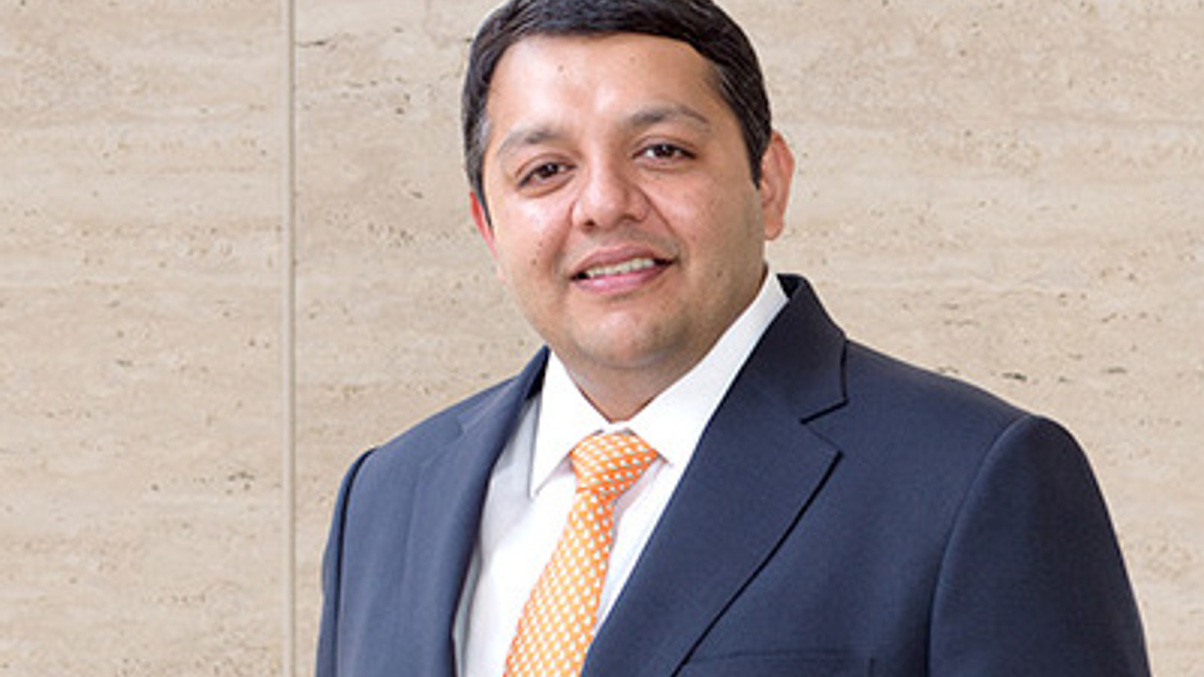Investors struggling with interest rate uncertainty
Bond allocators are in some disarray, after minutes from Wednesday's Federal Open Markets Committee meeting suggested one or two US rate rises may be on the cards this year.

Conflicting expectations over divergence of monetary policy between the US and other countries are leading skittish investors to stick with short tenors and avoid moving down the credit-quality spectrum too much, heard a FinanceAsia conference yesterday.
Sign in to read on!
Registered users get 2 free articles in 30 days.
Subscribers have full unlimited access to AsianInvestor
Not signed up? New users get 2 free articles per month, plus a 7-day unlimited free trial.
¬ Haymarket Media Limited. All rights reserved.


